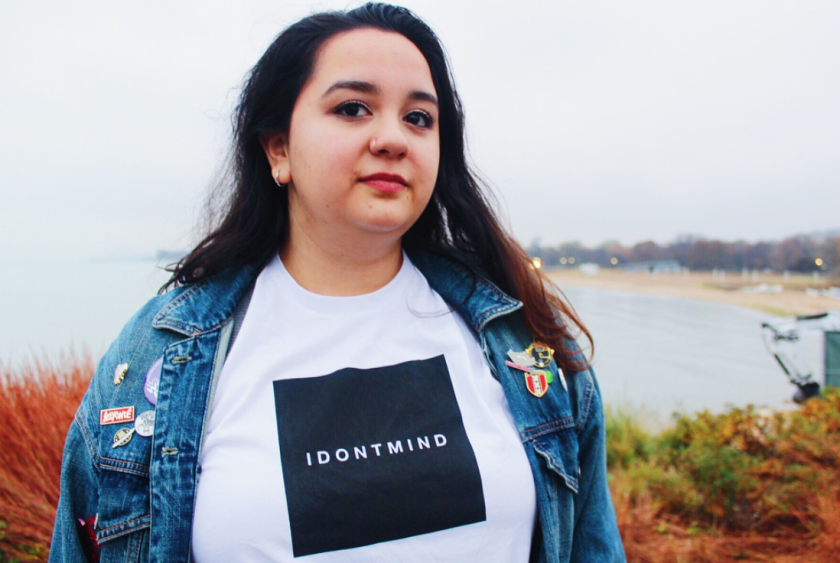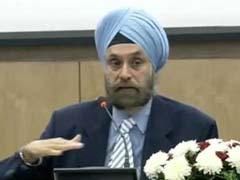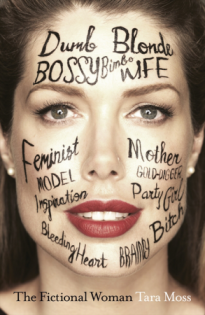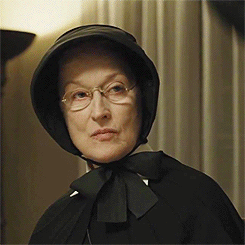 How do you struggle with mental health and what are your best coping skills?
How do you struggle with mental health and what are your best coping skills?
I struggle with depression, anxiety and acute OCD and they’re things that have been bottled up over the years, but have always sorta been under the surface. I was definitely an anxious child and have had my OCD symptoms since I was very young. The depression is something I’ve struggled more with since I was 15 or so.
Only recently did I really embrace what I’ve been going through and cope in healthy ways. I was never a “sharer” and hated talking about my feelings, let alone my internal mental struggles (and I still don’t). Now I know that it’s not something to feel embarrassed about and that in order to combat outside stigma, we have to talk about it. I also found out that one in five US adults suffer from some type of mental illness, which also helped me feel less alone.
In terms of actual coping skills, I have internal “talks” with myself about what’s making me anxious and how to talk myself down from wherever my headspace is at (which can often be crazy). I use little things like tapping my foot or using a fidget spinner to calm myself when I’ve overly stressed and anxious or when I’m in situations that make me feel on the verge of my anxiety taking over (i.e. in a car). In terms of my depression, I’m still trying to come to terms with how to really help that, but I think a lot is helped my therapy and, again, talking to myself. My depression doesn’t stem from chemical or neurological imbalances in my brain; it was intense situational depression that kind of jump-started it all and scarred me psychologically (which was and still is compounded by the fact that I already suffer from anxiety and OCD), so a lot of it is kind of like getting over an irrational fear. You know you’re okay, and you know you should be happy and feel loved and worth it (because I am) but my mind just won’t let me. And what’s trickier is that it’s not all the time and certainly doesn’t come with a warning. Again, therapy and outside coping mechanisms are things I need to work more on.

I grew up middle class most my life, but almost all of high school and until recently, we were on the lower end of things, financially. I couldn’t go to therapy like I wanted (or needed) to and I certainly didn’t feel like my suffering was important (even though it consumed me). I was luckier than most, but that definitely plays a fact in whether you get better or not.
Different relationship factors are difficult for me, like being close with someone and opening myself up to new people is not something I like doing (and often don’t). And betrayal of that trust and loyalty is a big trigger for me and shuts me down. I’m sure there are other factors, but that’s all I can think of right now.
What would constitute a “perfect” day for you?I’m not sure. I love to have fun and hang with the family. I love musicals and watching things that make me feel immense joy (any episode of Buffy The Vampire Slayer or Supergirl can come on, and I will gladly watch for hours). I think shopping is something that can weirdly relax me as well, even if it’s just at Target or the grocery store (except not now, because they’ve renovated them all and it makes me anxious and angry because nothing is where I know it to be!). I think, at this moment, the perfect day would be a Saturday where I can go to brunch with friends and family, shop a little, go drink some great beer at a cute little restaurant and then go home to a marathon of Supergirl and top it off with The Greatest Showman. I’d be a happy camper.
What quote or advice would you want to put in a fortune cookie?“…Healing is a byproduct of hope and honesty. honesty with ourselves and with each other and having hope that you’re actually going to be ok, because you are and you’re not alone.” – Chris Wood
For what in life do you feel most grateful?My immediate family, absolutely. I don’t want to go into full detail because everyone loves their family *yadda yadda* but I really do. They were and are my rock, whether they know it or not, and help me whenever they can. Without them, I am nothing, so of course I’m grateful for them.

So, the reason I even started speaking about mental health was for a few reasons, but a main one was because of the campaign “I Don’t Mind” founded by actor Chris Wood (I was even one of the first to cover it for the publication I write for). Now, we all know I love Supergirl and Melissa Benoist is my favorite person actress, but hearing Wood, a co-star on that show, talk about the need to break the stigma changed how I saw it.
Like I said, was burying it all down (often to the point of where it broke me or I snapped) all because of how people talk or think about it and how I didn’t want to be at the receiving end of their conversations. I am very capable and I am ambitious and my mental state doesn’t define who I am nor what I can do. So to hear him encourage us to speak up, go to therapy, to talk about it because it’s nothing to be ashamed of, really set something off in me. And to hear that Benoist, who is always known as such a happy sweetheart on set, also has suffered with depression and anxiety since she was in her teens (like me), it took away my feeling of loneliness in what I went through. So talking about it, asking for help and actively knowing you are more than enough and deserve happiness and respect definitely starts to eliminate the stigma. Even if it’s just within yourself, that is already a really freeing feeling, and lifts a weight off your shoulders. And hopefully that attitude in yourself rubs off on others and we can change the whole stigma around mental illnesses.
In terms of managing fear and shame about being open about my struggles, I just don’t internalize it (or I try not to). I obviously am not going to overshare, but shutting down damaging narratives or microaggressions is a start. And, again, having little pep talks with myself helps me feel less crazy and put into perspective that no one else’s opinion matters but my own.
Advertisements Share this:




